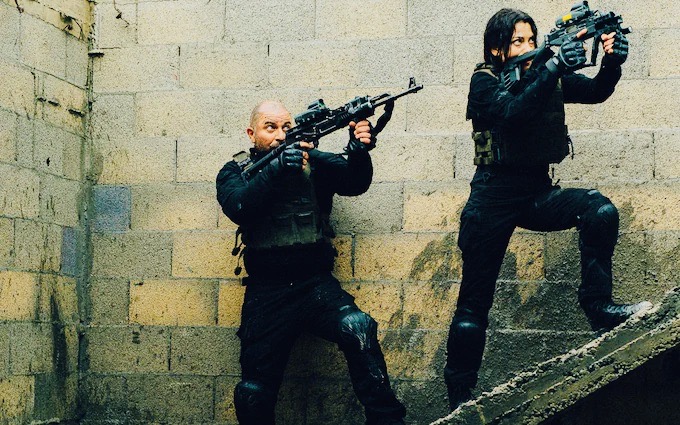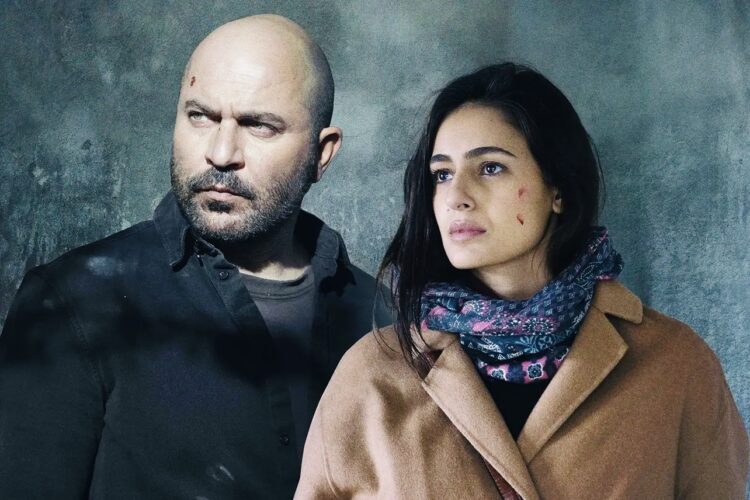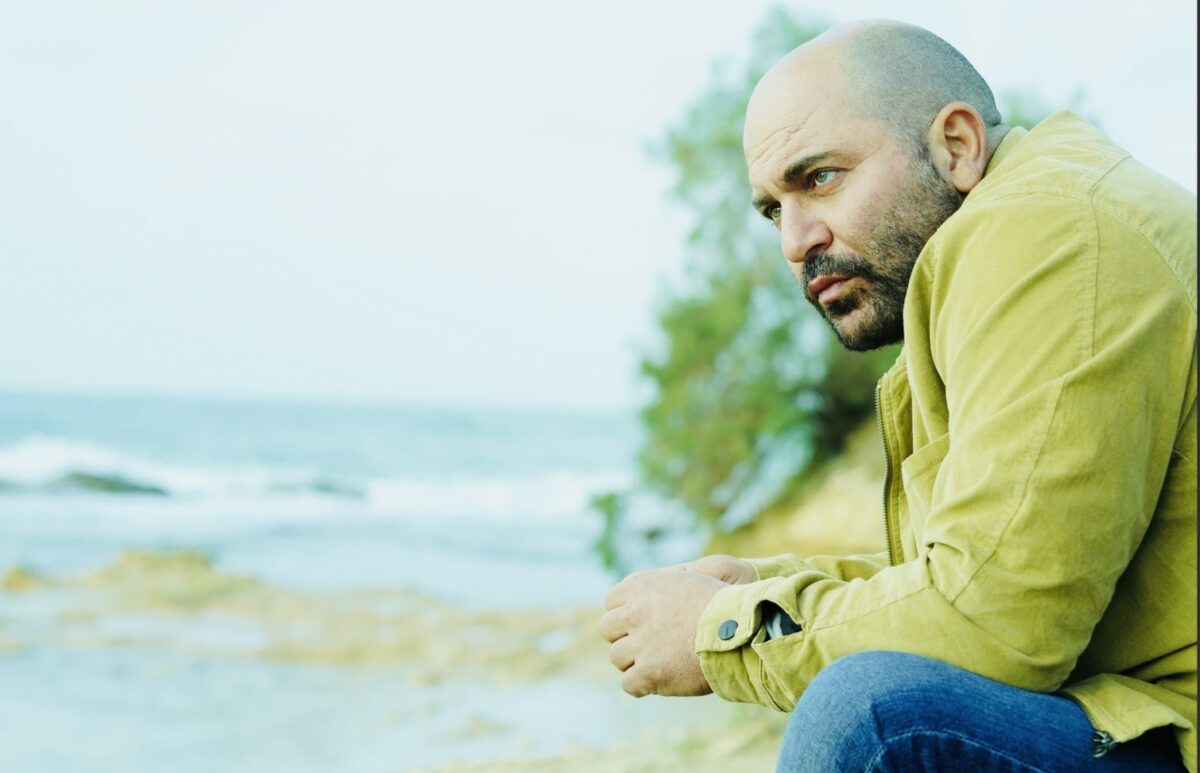The fourth season of Fauda is back on Netflix, and that’s good news.
Until now, this scintillating Middle Eastern thriller pitted an Israeli special forces team against Palestinians in the West Bank and the Gaza Strip affiliated with Hamas and Islamic Jihad, both of which reject Israel’s existence.
The latest installment, which is partially set in Brussels and Lebanon, shifts its focus to Israel’s struggle with Hezbollah, a pro-Iranian Lebanese militia that fought a month-long war with Israel in 2006 and remains in conflict with it to this day.
Most of the previous characters on the Israeli side reappear in the twelve new episodes.
Doron (Lior Raz), a grizzled, battle-hardened veteran who speaks fluent Arabic, returns to his army unit after a lengthy absence. Gabi (Itzik Cohen), the squad’s commander, asks Doron to accompany him to Brussels. According to Dana (Meirav Shirom), Gabi’s associate and a top-ranking officer in the Shin Bet, Israel’s internal security agency, something bad is brewing.
Omar (Amir Boutrous), a conflicted Palestinian collaborator whom Gabi groomed and treated like a son, has switched sides and is now in the pay of Hezbollah. By sharp contrast, Omar’s sister, Maya (Lucy Ayoub), is an Israeli police officer and is married to a Jewish cop.
Shortly after Gabi and Doron arrive in Brussels, Omar and his men abduct Gabi and brutally pump him for information about Palestinian collaborators in Jenin, a town in the West Bank and a bastion of resistance to Israel’s occupation, which is never explicitly mentioned in Fauda.
In an attempt to find Gabi, Doron and his fellow commandos kidnap a local imam, who claims he supports Arab-Jewish coexistence, and conduct a frantic search in a warren of high-rise apartment buildings in Molenbeek, a neighborhood with a high concentration of Muslims. One commando likens the congested buildings to Gaza. During raging gun battles, Nurit (Rona-Lee Shimon), one of the heavily-armed Israeli fighters, is wounded.

At this point, the tempo picks up considerably.
Despite their best efforts, the Israeli commandos cannot found Gabi. Doron’s superiors assume he was killed, but Doron is convinced he is alive and demands that a serious search for him should be conducted.
In the meantime, Omar’s boss, Adel (Loai Nofi), who is based in Jenin, is planning an audacious terrorist attack on behalf of Hezbollah. Adel is assembling a cache of missiles that will be launched at towns and cities in central Israel in the hope of igniting a Middle Eastern war.
With the drama building, Doron and Maya sneak into Syria and Lebanon to track down Omar and locate Gabi, dead or alive. Doron fears that Gabi may be in the hands of Iran. His plight is likened to the fate of the late Israeli Air Force navigator Ron Arad, who was captured by Hezbollah after his Skyhawk jet was downed over southern Lebanon in 1986.

Doron is on a highly dangerous mission, Hezbollah having discovered that two “Zionist agents” are in the country. In one spine-tingling scene, Doron and Maya are almost caught by Hezbollah.
As they go about their business, Doron’s comrades-in-arms, including Eli (Yaakov Zada Daniel) and Steve (Doron Ben-David), break into Adel’s hiding place, sparking a ferocious fire fight that leaves a string of bloodied corpses.
Eli and Steve, both of whom are middle-aged and burned out, want to leave the service, but before they can retire they feel they must complete one more task: to extract Doron and Maya from Lebanon.
The action shifts back to Adel, who is getting ready to fire a barrage of missiles at Israel. Amid the mounting commotion, the Shin Bet devises a clever plan to assassinate Adel. Doron is operationally involved in it.
Fauda gets off to a slow and somewhat confusing start, but gains traction and momentum and achieves greater audience appeal by the third or fourth episode. The casting is exemplary, with the Jewish and Arab actors giving realistic performances.
To its credit, Fauda neither romanticizes nor glosses over the uglier aspects of the Israeli commandos’ role in confronting Israel’s enemies. A viewer is left with the sober impression that Israel and the Palestinians are locked in perpetual strife.
